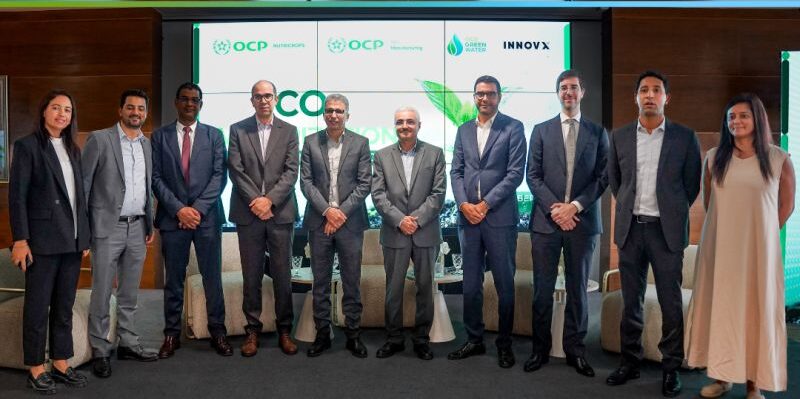OCP Group is ramping up its climate and water resilience strategy with a new collaboration between three of its subsidiaries: OCP Green Water, OCP Nutricrops, and OCP Manufacturing. The companies have signed a joint agreement to integrate captured CO₂ into the desalination process—a move that aligns with Morocco’s broader efforts to transform carbon emissions into a resource that supports environmental and water sustainability.
The core innovation lies in using captured CO₂ during the remineralization stage of desalinated water. This not only enhances the environmental footprint of OCP’s water production units but also supports the group’s long-term goals of achieving both carbon neutrality and water autonomy.
OCP’s green investment strategy sets ambitious targets: net-zero carbon emissions by 2040, full reliance on renewable energy by 2027, and the exclusive use of non-conventional water sources such as desalination and wastewater recycling. The integration of CO₂ into water treatment processes is part of a broader shift to circular resource use—repurposing emissions to fuel sustainability.
But the impact goes well beyond industrial efficiency. The initiative also helps supply clean drinking water to several Moroccan cities, supports the irrigation of high-value crops, and strengthens the country’s overall water security. By embedding carbon reuse into water infrastructure, the project positions Morocco as a regional and global leader in sustainable water management.
The approach is built on key strategic pillars: scalable desalination solutions with competitive operating costs, sustainable supply chains that promote local integration, and long-term water security through the use of food-grade CO₂. This ensures a steady supply of safe water for urban, agricultural, and industrial needs—turning what was once waste into a resource that secures the future.
